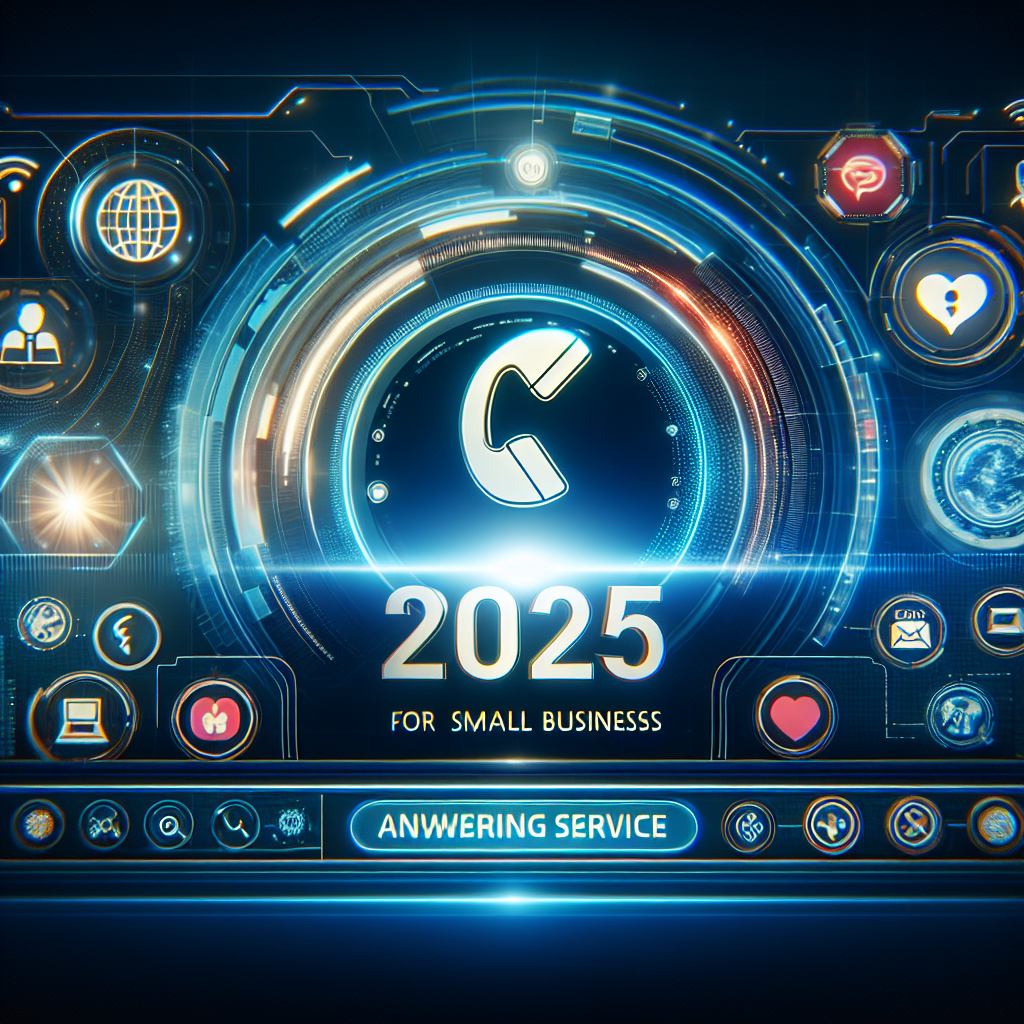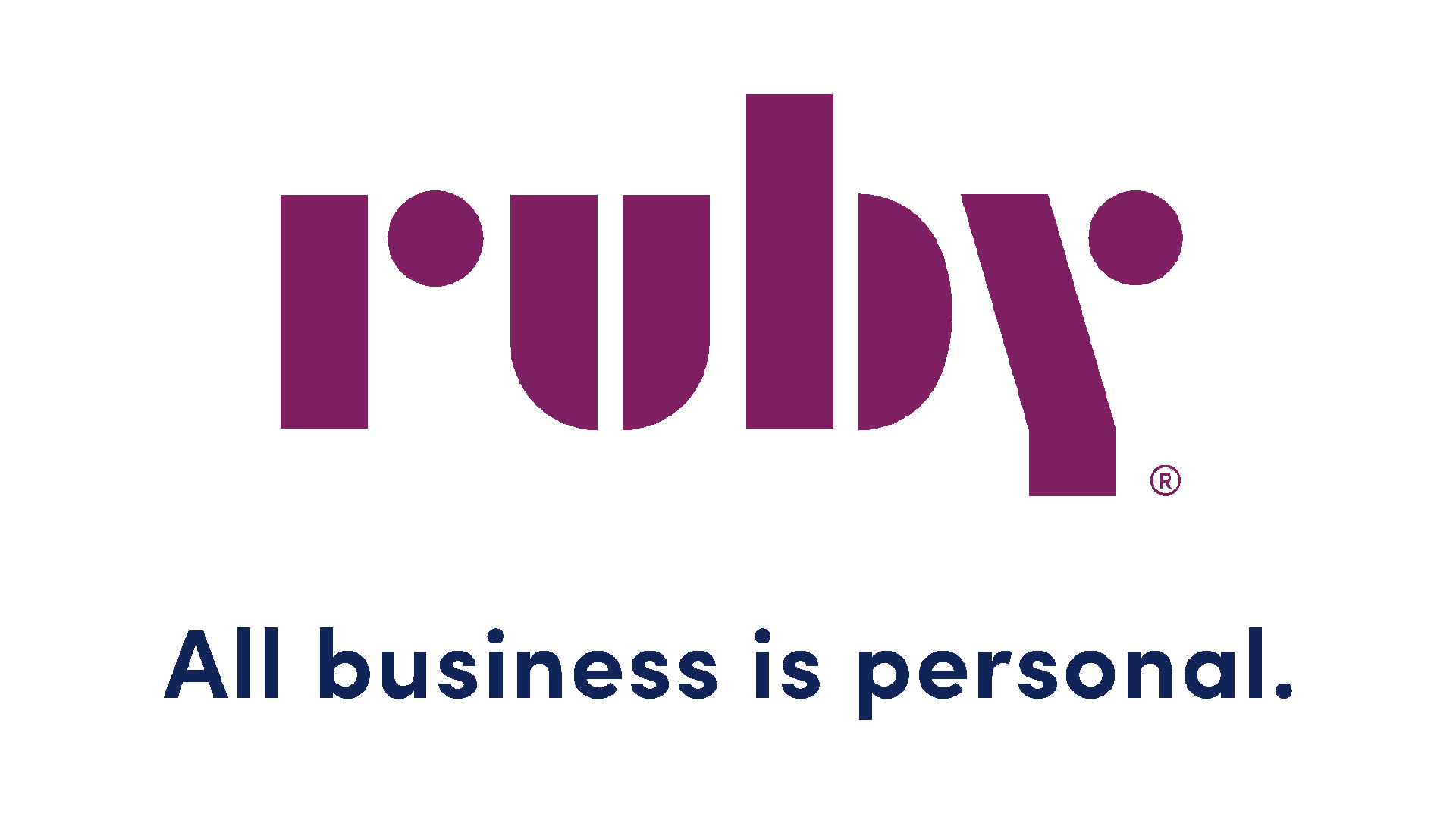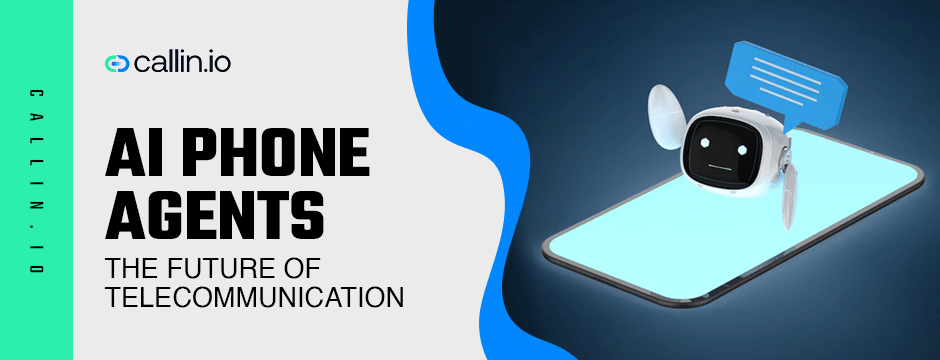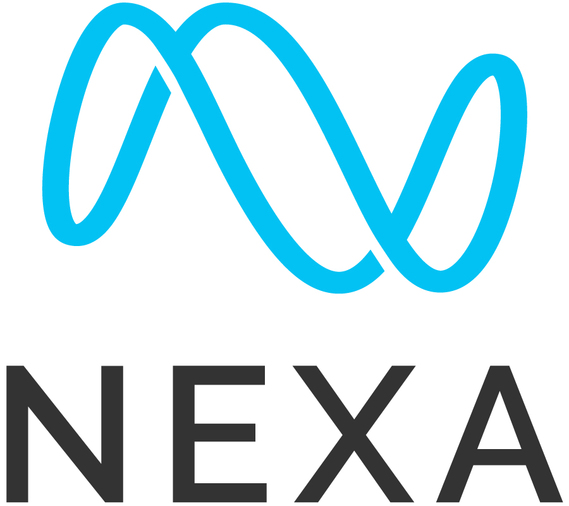The Top Answering Service Solutions for Small Businesses
Here’s a list of well-known services that offer professional, human-operated, and/or AI-powered reception for small companies. Each entry has a short review plus a web image placeholder you could insert on your site or blog.
-
Ruby Receptionists

-
Key Features: Live operators who are extensively trained, mobile app integration, and a strong focus on small businesses.
-
Approximate Cost: Plans start at around $319 per month.
-
Best For: Those who want highly trained human agents and a top-tier professional brand image, willing to invest in a premium-level service.
-
-
AnswerConnect

-
Key Features: 24/7 coverage, bilingual support, robust CRM integration.
-
Approximate Cost: Plans start at about $149 per month.
-
Best For: Small businesses needing continuous availability (24/7) and multilingual support.
-
-
Davinci Virtual Office Solutions
-
Key Features: Flexible pay-per-minute pricing ideal for low-volume users, plus virtual office solutions (physical mailing addresses, temporary meeting spaces, etc.).
-
Approximate Cost: Highly variable, with both pay-as-you-go and basic package options.
-
Best For: Companies with lower or fluctuating call volumes who also want virtual office services.
-
-
Callin.io

-
Key Features: Powerful AI-powered conversation engine, quick integration with Google Calendar and CRMs, very competitive plans.
-
Approximate Cost: Starting at $30 per month.
-
Best For: Small businesses seeking an advanced, technology-driven approach with automated yet highly intelligent customer interactions.
-
-
PATLive

-
Key Features: Operators are thoroughly trained in complex industries (legal, medical, etc.), plus a wide range of extra features (order processing, emergency handling, etc.).
-
Approximate Cost: From $279 per month and up.
-
Best For: Businesses needing specialized support for more complex client interactions.
-
-
Nexa (formerly Answer 1)

-
Key Features: Industry-specific scripts, emergency dispatch protocols, ideal for service businesses.
-
Approximate Cost: Varies based on call volume and required features.
-
Best For: On-call service providers or companies with a high volume of urgent calls.
-
Understanding Small Business Communication Needs
Small businesses face unique challenges when it comes to managing customer communications. Without dedicated receptionists or 24/7 staff, owners often juggle answering calls alongside running day-to-day operations.
A professional answering service can be the ideal solution for this common pain point:
-
No missed calls: Ensures every important caller is heard.
-
Professional image: Delivers a polished brand impression on every inbound inquiry.
-
Time savings: Lets you focus on your core competencies rather than phone duty.
According to a study by Ruby Receptionists, small businesses can miss up to 40% of their calls without proper coverage, potentially costing thousands in lost revenue.
Traditional vs. AI-Powered Answering Services
The market has evolved significantly:
-
Traditional Answering Services: Human operators in call centers answering on your behalf with custom scripts. High empathy but limited in scalability.
-
AI-Powered Services: Use voice recognition, NLP, and machine learning to handle calls around the clock without human intervention. Often more cost-effective, always “on.”
-
Hybrid Models: Combine AI for routine or repetitive inquiries with human agents for more nuanced, high-value interactions.
Cost Analysis: What to Expect
Budget is a big concern for small businesses:
-
Human-Based Services: Typically $0.75–$1.25 per call-minute plus monthly base fees ($30–$300, depending on call volume). Additional features (order processing, scheduling) often cost extra.
-
AI Services: Often $50–$150 monthly for most small business plans, sometimes offering near-unlimited calls within fair usage. Costs tend to be more predictable.
Watch out for hidden fees (setup, long-term contracts, integration costs) and consider the opportunity cost of saving time by offloading routine calls to a service.
Key Features to Look For
Prioritize features according to your operational needs:
-
Call Routing: Customizable rules by time of day, caller ID, or voice prompts.
-
Custom Scripts: Aligned with your brand voice and capable of addressing common customer questions.
-
Reporting & Analytics: Insights on volume, peak call times, and common inquiries.
-
Integrations: With CRMs, calendar software, and messaging platforms to streamline workflows.
-
Multilingual Support: Vital if you serve a diverse customer base.
-
Transaction Handling: For e-commerce, payments, or basic customer service tasks.
Industry-Specific Answering Solutions
Industries differ in their answering needs:
-
Healthcare: Must be HIPAA-compliant, handle secure patient data, manage urgent calls. AI appointment schedulers can be invaluable here.
-
Legal: Needs confidentiality, basic client intake, urgent matter recognition.
-
Real Estate: Lead qualification, property viewing schedules, advanced property information.
-
Home Services (Plumbing, HVAC, etc.): Scheduling and emergency dispatch for round-the-clock calls.
-
E-commerce: Order status inquiries, returns, and product support.
24/7 Availability and Scalability Factors
Ensuring calls are answered beyond standard hours is a competitive advantage:
-
Up to 75% of callers won’t leave voicemail if their call goes unanswered.
-
Scalability is crucial—especially for seasonal businesses or during growth. AI-powered systems handle spikes more easily.
-
Confirm if providers charge surcharges for exceeding typical call volumes and how they handle peak load.
Integration with Existing Business Systems
Answering services become more powerful when they connect seamlessly with:
-
CRM: Auto-log calls, update records, trigger follow-ups.
-
Calendar: Real-time scheduling without double-bookings.
-
Messaging Platforms (Slack, Microsoft Teams): Instant notes shared with team members.
-
Email: Automatic summaries or transcripts delivered to relevant inboxes.
-
Website Chat: Unified, omnichannel customer care.
-
API Connectivity: Services like Callin.io can integrate with nearly any tool you already use.
Human Touch vs. Automation Balance
Determining the right mix of live interaction and automated service:
-
AI: Ideal for routine questions like business hours and FAQs.
-
Human Agents: Best for complex issues, emotional or high-value transactions.
-
Hybrid Approach: AI efficiently handles basic calls; humans take over where empathy or nuanced decision-making is needed.
Customer Experience and First Impressions
An answering service is often the first point of contact:
-
Call Flow: Must be intuitive, from greeting to resolution.
-
Voice Quality & Professionalism: Critical—whether human or text-to-speech.
-
Personalization: Acknowledging caller history or preferences increases satisfaction.
-
Test the service by making sample calls yourself, and ask providers for customer satisfaction metrics.
Setup and Implementation Process
Introducing a new service requires planning:
-
Consultation: Provider learns about your business, typical calls, and custom instructions.
-
Script or Prompt Configuration: For AI-based services, known as “prompt engineering.”
-
Testing Phase: Validate performance before going live.
-
Team Training: Ensure staff can retrieve messages, handle transfers, etc.
-
Integration Timeline: Usually 1–4 weeks. AI deployments can be faster.
Ideally, avoid peak business periods for your roll-out to allow smoother adjustments.
Security and Compliance Considerations
Safeguarding data and following regulations is a must:
-
Certifications: HIPAA (healthcare), PCI DSS (payments), SOC 2 (general data security).
-
Encryption: For data at rest and in transit.
-
Access Controls: Who can view sensitive call data, with audit trails.
-
Data Retention Policies: Must align with your industry requirements.
-
International Compliance: GDPR for EU, etc.
-
AI Disclosure: Some jurisdictions require informing callers they’re speaking to an AI system.
Case Studies: Small Business Success Stories
-
Westside Dental: Implemented an AI scheduling bot for appointments, saw a 23% increase in bookings, and saved 15 staff-hours weekly.
-
Anderson Legal Services: Deployed a hybrid service to screen potential clients, boosting high-quality consultations and a 34% improvement in conversion rates.
-
Mountain View Contractors: Set up after-hours answering with emergency dispatch, capturing urgent service calls previously lost and extending availability.
Measuring ROI and Performance Tracking
You want a clear return on investment (ROI):
-
Call Volume Handled
-
Average Response Time
-
Conversion Rates (for sales)
-
Appointment Booking Success (for service industries)
-
Customer Satisfaction Scores
Monitor missed calls, track time saved for your staff, and integrate phone data with CRM for deeper revenue correlation.
Common Pitfalls to Avoid
-
Poor Onboarding: Leads to incorrect responses or misrepresentation of your brand.
-
Rigid Contracts: Favor providers offering monthly or easily terminable agreements.
-
Limited Scalability: Be sure they can grow with your needs.
-
Weak Integration: Causes inefficiencies and data re-entry.
-
Hidden Fees: Request a full breakdown of costs, including overage charges.
-
No Quality Monitoring: Regular reviews prevent service degradation.
Customization and Branding Opportunities
For a seamless brand experience:
-
Greetings & Scripts: Must use your company terminology and tone.
-
Call Transfers: Smooth handoffs.
-
AI Voice: Advanced text-to-speech can match your brand identity.
-
White-Label Options: Some providers hide third-party elements, making them appear in-house.
Comparison of Top Answering Services
Well-reviewed market leaders include:
-
Ruby Receptionists: Highly trained live receptionists, mobile app, small-business focus, premium pricing (from $319/mo).
-
AnswerConnect: Comprehensive 24/7 coverage, bilingual agents, strong CRM integration (from $149/mo).
-
Davinci Virtual Office: Pay-per-minute ideal for small call volume, plus virtual office features.
-
Callin.io: AI-driven, natural conversations, quick integration, starting at $30/mo.
-
PATLive: Specialists in complex fields, from $279/mo.
-
Nexa (formerly Answer 1): Industry-specific scripting, solid emergency dispatch capabilities.
Setup and Training Requirements
Maximize efficiency with these steps:
-
Document Common Call Scenarios: Use-cases and standard responses.
-
Prepare an FAQ: Covering your products, services, and policies.
-
Escalation Protocols: Which issues require immediate attention and how to contact key staff.
-
Trial Period: 2–4 weeks to refine scripts based on real-world feedback.
-
Engage Your Team: Their feedback helps discover missing pieces early.
Seasonal Business Considerations
If you experience major seasonal fluctuations (e.g., garden centers, tax prep, vacation rentals, holiday retail):
-
Flexible Capacity: The service must handle peak season without high off-season fees.
-
Seasonal Contracts: Some providers offer shorter terms tailored to busy times.
-
Seasonal FAQ: Anticipate questions specific to holiday promotions, peak offerings, etc.
-
Hybrid Setup: AI for basic queries, human agents during peak times.
Technology Innovations in Business Communication
Ongoing tech advancements are reshaping the industry:
-
Natural Language Processing (NLP): Deep contextual understanding of caller requests.
-
Voice Biometrics: Secure caller authentication without lengthy checks.
-
Omnichannel Integration: Linking phone, chat, email, and social channels in one system.
-
Sentiment Analysis: Detects caller emotions, helping de-escalate negative experiences early.
-
Voice Synthesis: Tools like ElevenLabs and Play.ht offer highly realistic text-to-speech voices.
Contract Terms and Service Level Agreements
Before signing:
-
Performance Standards: Max hold time, call abandonment rate, first-call resolution targets.
-
Availability Guarantees: Uptime commitments and remedies for outages.
-
Scalability & Overages: How are call spikes handled, and at what cost?
-
Contract Length & Cancellation: Month-to-month or flexible termination clauses are preferable.
-
Data Ownership: Confirm your rights to call recordings and transcripts.
-
Price Increases: Look for a clause limiting unplanned rate hikes during your contract.
Making the Right Choice for Your Business
-
Audit Your Call Challenges: Are you missing calls at peak times? Need weekend/after-hours coverage?
-
Assess Call Volume: Know your busiest days and hours.
-
Set Priorities: Which features are must-haves (24/7 coverage, multilingual, advanced AI) vs. nice-to-haves?
-
Request Demos: Pay attention to call quality, reporting, ease of use.
-
Check References: Ask businesses similar to yours about their experiences.
Remember, the best answering service should function like a natural extension of your brand.
Transform Your Customer Communications Today
Small business owners understand the importance of every customer interaction. If you’re ready to elevate your communication strategy with a technology that tirelessly represents your business, it’s time to explore AI-powered solutions.
Callin.io offers a revolutionary approach to business phone management with intelligent AI agents that hold conversations in impressively natural language. These virtual phone assistants manage everything from appointment scheduling and FAQ responses to lead qualification and sales inquiries—often sounding so lifelike that callers won’t realize they’re speaking to AI.
Setting up your custom AI phone agent takes mere minutes, not days or weeks like traditional answering services. The platform integrates smoothly with tools like Google Calendar (for real-time appointment scheduling) and popular CRMs (to maintain comprehensive customer records). With plans starting at just $30 per month and a free trial option, Callin.io brings enterprise-level communication tech to small businesses at an accessible price.
Don’t let potential customers encounter voicemail or long hold times. Visit Callin.io today and discover how intelligent AI phone agents can transform your business communications—freeing you up to focus on what you do best, while ensuring every call is an opportunity rather than an interruption.

Helping businesses grow faster with AI. 🚀 At Callin.io, we make it easy for companies close more deals, engage customers more effectively, and scale their growth with smart AI voice assistants. Ready to transform your business with AI? 📅 Let’s talk!
Vincenzo Piccolo
Chief Executive Officer and Co Founder







